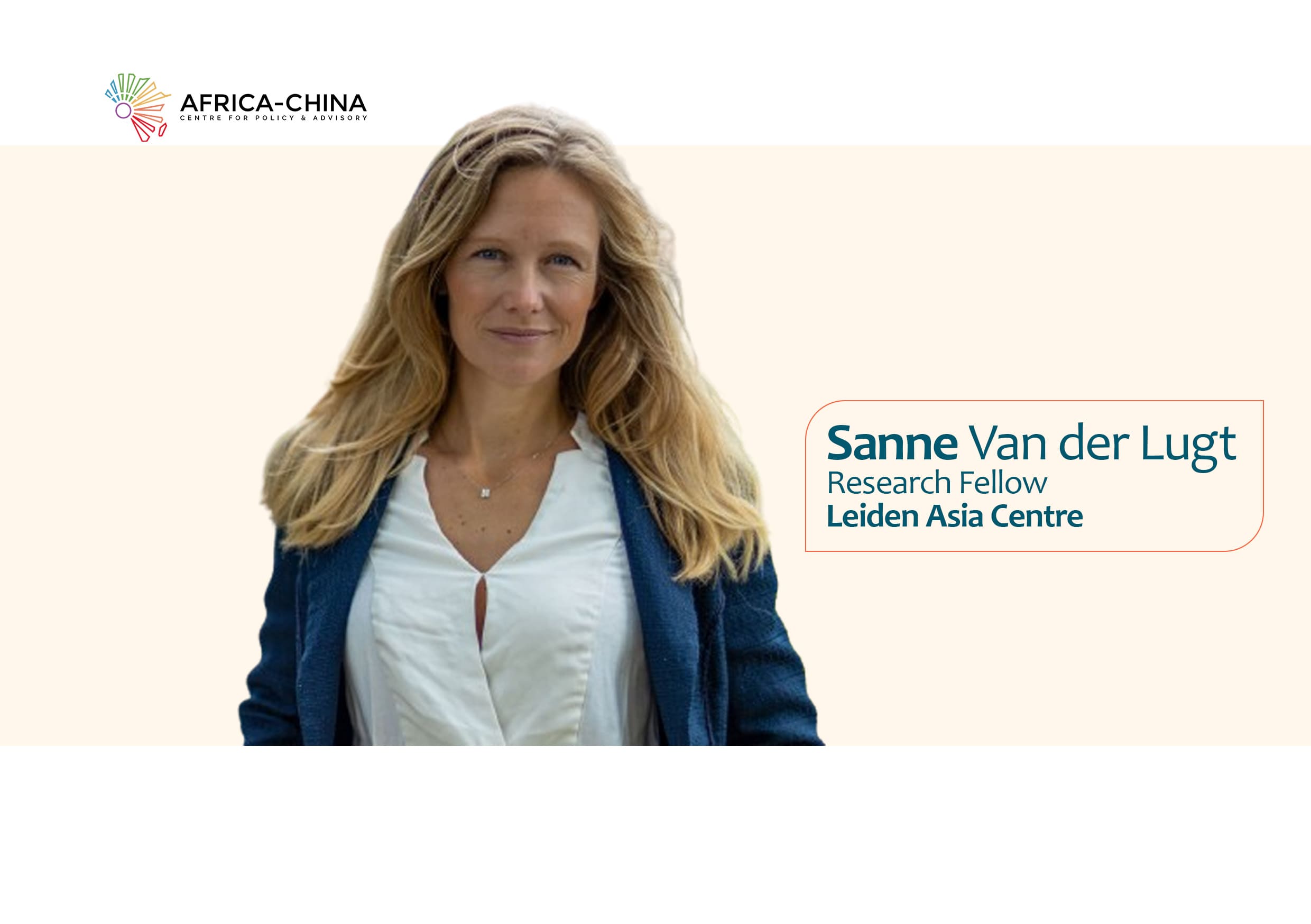
In a recent webinar organized by the Africa-China Centre for Policy & Advisory (ACCPA) on Africa’s Agency in Sino-Africa Relations, Sanne Ver Der Lugt, a research fellow at the Leiden Asia Centre, delivered a presentation that challenged some prevailing myths surrounding Africa– China relations.
One of the myths dispelled by Sanne pertained to the notion that Chinese infrastructure projects prevail in Africa solely because they are the cheapest. Contrary to this widely held belief, she contended that the dominance of Chinese companies in African tenders is not solely attributed to their affordability. Drawing upon her thorough research, particularly in the Democratic Republic of Congo (DRC), She clarified how Chinese firms are often favored for their renowned “Can Do” mentality rather than merely offering the lowest bids.
An insightful example presented by Sanne shed light on DRC’s encounter with an Italian infrastructure firm tasked with constructing a railway. Despite initially securing the contract, the Italian company faced challenges related to material transfer, leading to project delays and ultimately abandonment. In contrast, Chinese companies showcased their agility and competence by swiftly taking over and completing the railway project seamlessly without complaining of similar hurdles, underscoring their reputation for efficiency and adaptability.
Furthermore, Sanne tackled another prevalent misconception regarding China’s supposed thirst for Africa’s oil resources. By using the case of Sudan, often portrayed as a victim of Chinese exploitation, she unveiled a nuanced narrative. She revealed that Sudan took the initiative to engage China, seeking collaboration after being overlooked by Western powers. Initially directed towards an American company, Chevron by China, Sudan found itself at an impasse, possessing abundant oil reserves but lacking the requisite expertise for extraction. It was then that China emerged as a strategic partner, filling the void left by Western and European companies.
Sanne’s incisive presentation underscored the multifaceted nature of Africa’s engagement with Chinese partners, transcending common assumptions.
The webinar catalyzed reshaping perceptions and fostering more informed dialogue towards a mutually beneficial Africa-China partnership as African nations assert their agency in navigating Sino-Africa relations. A deeper understanding of these complexities is imperative for fostering mutually beneficial partnerships and driving sustainable development across the continent.
Source: ACCPA
